Reporte de entrenando a mi jefe parte #7... ¡piii! | Report of training my boss part #7.... piii! [ESP|ENG ]
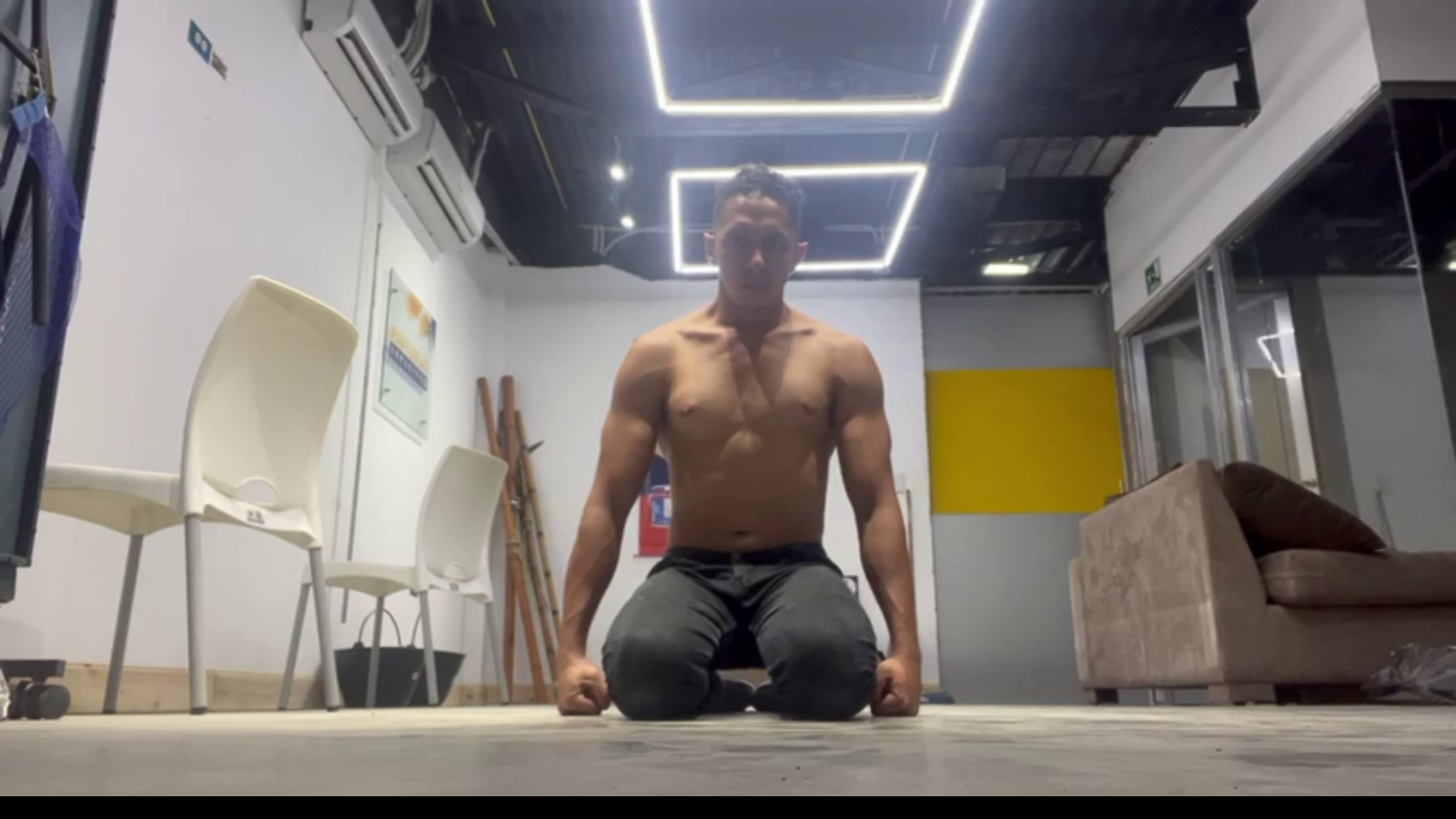
| |
|---|
¡Qué tal, mi gente de Hive! Hoy hemos profundizado en nuestra práctica de la tuck planche, esta vez centrándonos en el agarre con puños. Este cambio, aunque sutil, introduce una dinámica completamente nueva al ejercicio, demandando una mayor activación muscular y estabilidad en las muñecas y antebrazos.
Al cerrar la mano en puño y apoyar el peso del cuerpo sobre esta superficie menos amplia, se distribuye la carga de manera diferente, requiriendo una mayor fuerza para mantener la posición. Mi jefe, que aún se está familiarizando con los movimientos de la calistenia, encontró este agarre un poco más cómodo al principio, pero rápidamente se dio cuenta del desafío que implica.
Para facilitar la transición, iniciamos con planchas lean en puños, fortaleciendo así los músculos estabilizadores y acostumbrándonos a la nueva posición. Gradualmente, fuimos aumentando la dificultad, elevando las piernas y acercando los pies hasta alcanzar la posición completa de tuck planche.
Algunos puntos clave que le he compartido:
- Alineación: Mantener el cuerpo en una línea recta, desde los hombros hasta los talones, es esencial para evitar lesiones y maximizar los beneficios del ejercicio.
- Respiración: Respirar de manera profunda y controlada ayuda a mantener la concentración y la estabilidad durante la ejecución.
- Progresión: Avanzar de manera gradual y escuchar a nuestro cuerpo es fundamental para evitar frustraciones y sobrecargas.
La tuck planche con puños es un ejercicio que requiere paciencia y dedicación, pero los resultados en términos de fuerza, equilibrio y control corporal son muy gratificantes. Al variar los agarres y las posiciones, podemos trabajar diferentes grupos musculares y evitar caer en la monotonía.Howdy, my Hive people! Today we have deepened our practice of the tuck planche, this time focusing on the fist grip. This change, although subtle, introduces a completely new dynamic to the exercise, demanding greater muscle activation and stability in the wrists and forearms. By clenching the hand into a fist and resting the weight of the body on this less wide surface, the load is distributed differently, requiring greater strength to maintain the position. My boss, who is still familiarising himself with calisthenics movements, found this grip a little more comfortable at first, but quickly realised the challenge involved. To ease the transition, we started with fisted lean planks, strengthening the stabiliser muscles and getting used to the new position. Gradually, we increased the difficulty, raising the legs and bringing the feet closer together until we reached the full tuck planche position. Some key points I have shared with you:- Alignment: Keeping the body in a straight line, from shoulders to heels, is essential to avoid injury and maximise the benefits of the exercise.
- Breathing: Breathing deeply and in a controlled manner helps to maintain focus and stability during execution.
- Progression: Progressing gradually and listening to your body is essential to avoid frustration and overload.
The fisted tuck planche is an exercise that requires patience and dedication, but the results in terms of strength, balance and body control are very rewarding. By varying the grips and positions, we can work different muscle groups and avoid monotony.
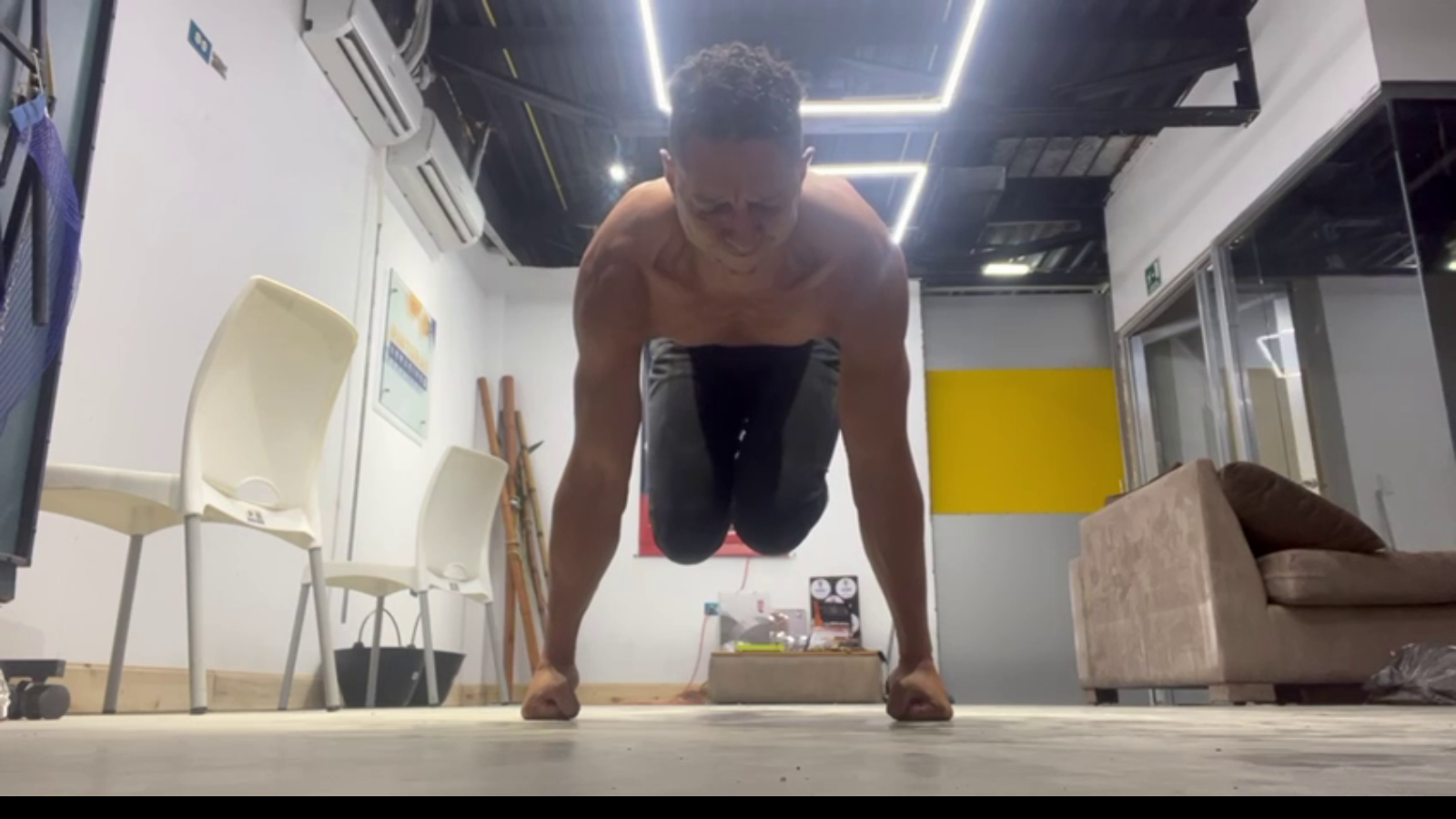
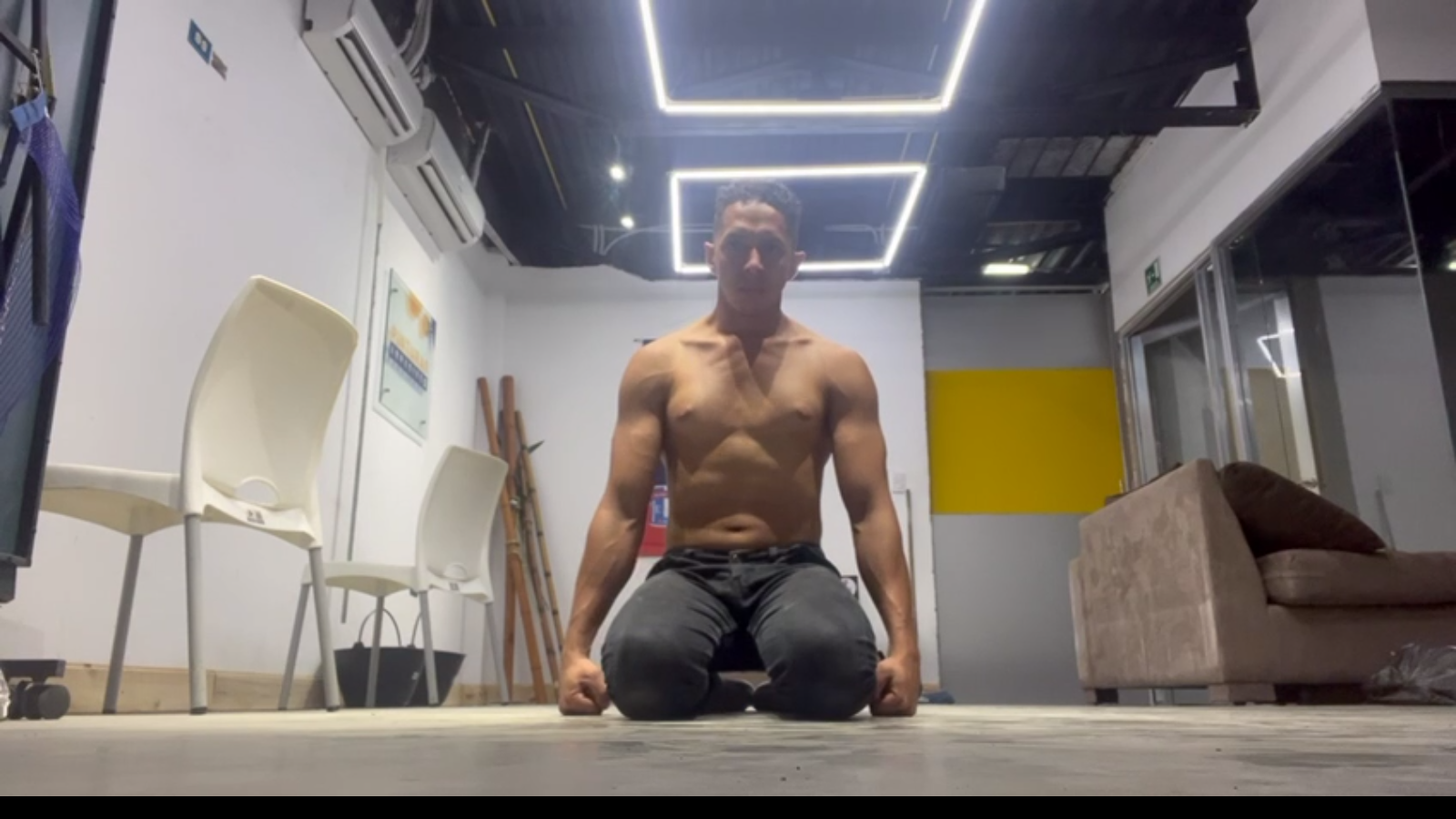
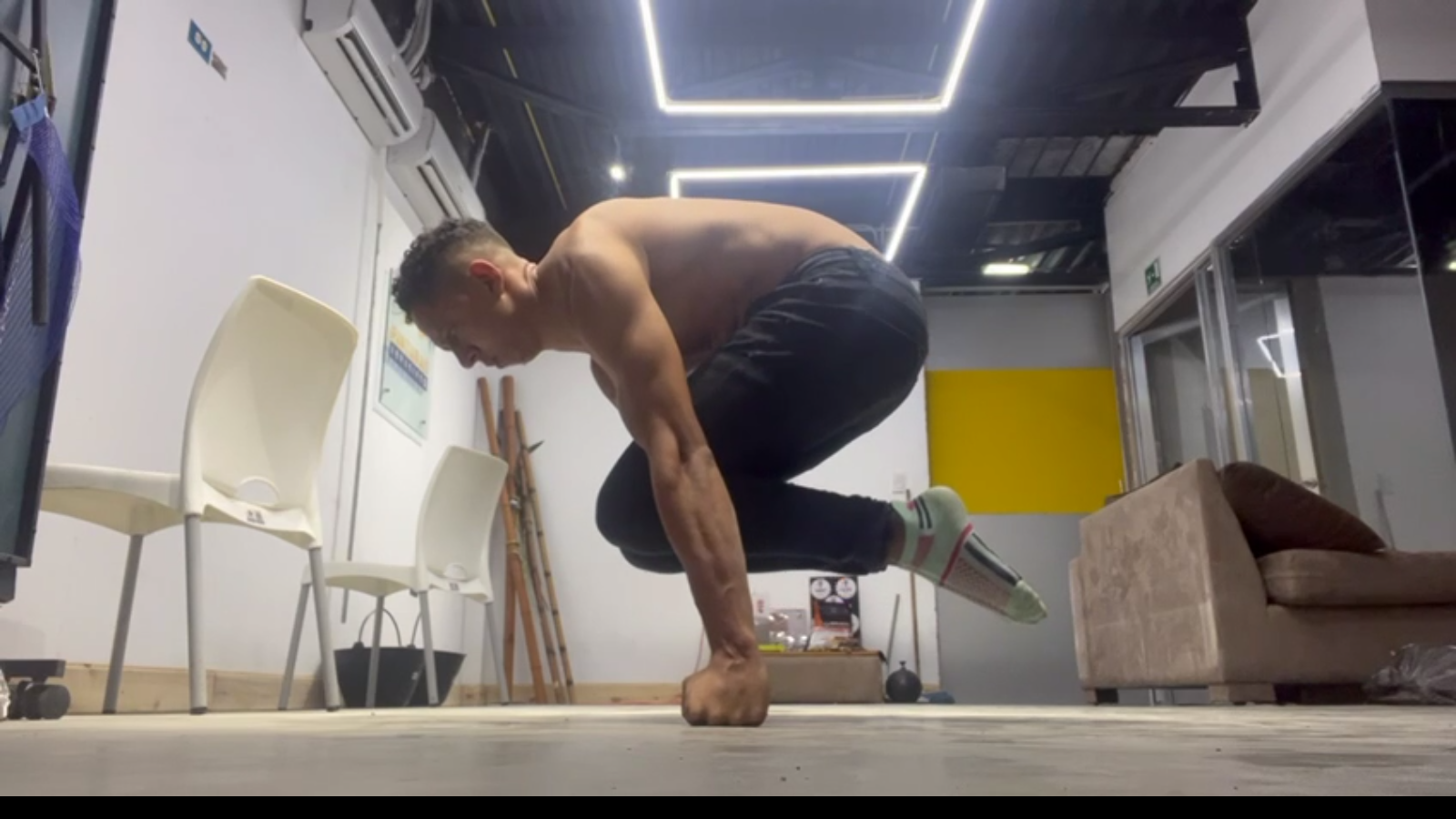
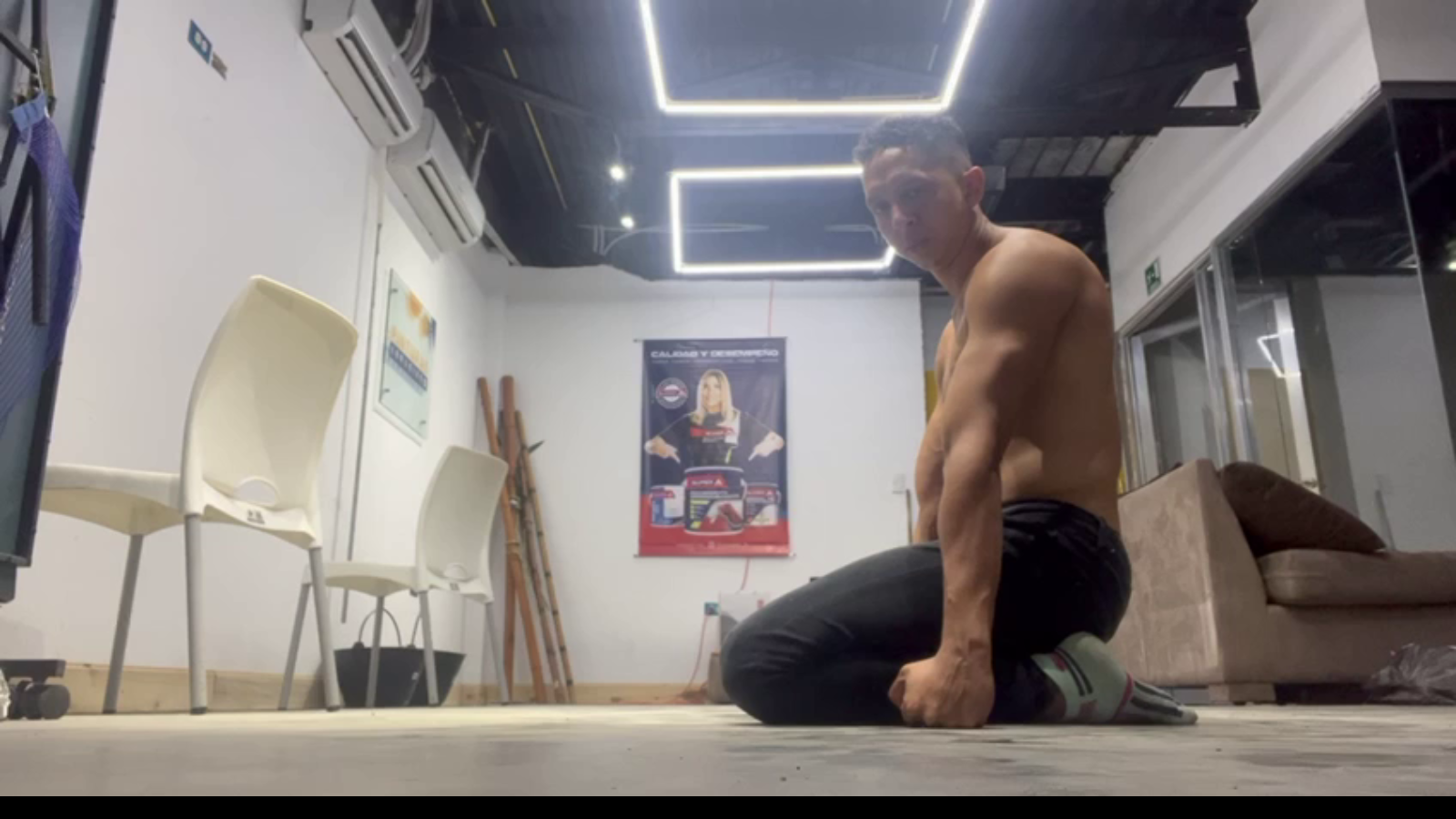
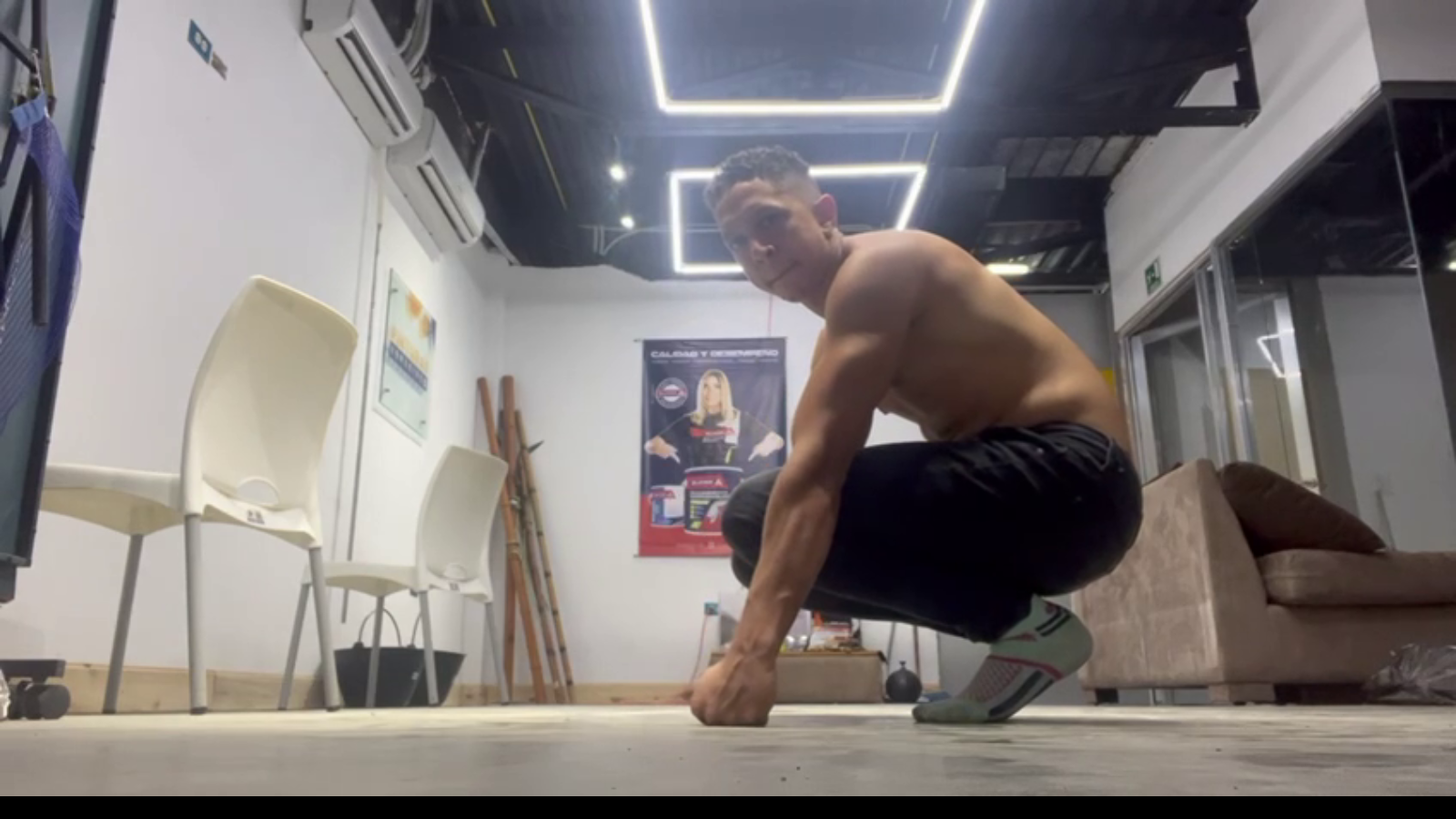
Gracias amigos lectores, nos vemos en una próxima publicación. Thank you reader friends, see you in a future post.
Créditos Créditos Cámara Camera @lijou-cv @lijou-cv Herramientas de edición y Producción Editing and production tools - - Traductor: DeepL translator: DeepL Dispositivos: Umidigi power 5s Devices: Umidigi power 5s APP: CapCut APP: CapCut
¿Quieres saber más de mí? Want to know more about me? INSTAGRAM
0
0
0.000
Saludos @lijou-cv
Greetings @lijou-cv